2022 was a good year for books about, well, books: their history, what constitutes them – from their different sections to their individual paragraphs, sentences and words – and the places they can live. In this article we look at ten books, published or reissued this year, that people who are interested in books – professionally or for fun – will love. Some of them have already featured in the CIEP book reviews slot in The Edit, our newsletter for members, and on our website, and some are in the pipeline for review. We’ve listed them in order of release.
1. Comma Sense: Your guide to grammar victory by Ellen Feld (Mango, 18 February 2022), 288 pages, £16.95 (paperback)
‘Food and grammar have a lot in common!’ according to this book’s author. Based on US grammar, Comma Sense contains useful advice, brief but clear lessons, and fun quizzes – some cooking-based – for all writers and editors. Our reviewer said: ‘This encouraging book would refresh the grammar skills of a variety of time-strapped word wranglers, from creative writers, to businesspeople, to editors.’
Read the CIEP review. Buy this book.
2. How Words Get Good: The story of making a book by Rebecca Lee (Profile, 17 March 2022), 384 pages, £14.99 (hardcover)
This book, in fact, is about the making of many books. The author is an editorial manager at Penguin Random House, so has overseen all the stages of book production, working with the people who are essential in each of them, from authors to indexers. There are plenty of entertaining behind-the-scenes stories, and you’ll come away wiser about exactly what goes into the creation of a book. Those who work in the industry are likely to feel acknowledged, their part in the process no longer a mystery.
3. Portable Magic: A history of books and their readers by Emma Smith (Allen Lane, 28 April 2022), 352 pages, £20.00 (hardcover)
Emma Smith’s work, ‘a thing to cherish’, according to The Guardian, examines books as objects: scrolls, mass-marketed paperbacks, hiding places, decoration and even fuel for the fire. Smith tells the stories of the different types of books that have emerged at different points in history. People who cultivate giant piles of ‘to be read’ books rather than instantly transporting their chosen text to an e-reader will appreciate this appreciation of the physical, sniffable, page-turning hard copy.
4. Rebel with a Clause: Tales and tips from a roving grammarian by Ellen Jovin (Chambers, 11 August 2022), 400 pages, £16.99 (hardcover)
To those who have followed her on Twitter, it feels like Ellen Jovin has been running her Grammar Table, where anyone can come and ask a question about language usage, for ever. In fact, it’s only four years. It’s been a packed schedule since that first appearance outside her Manhattan apartment, as Jovin has taken her table across the USA. This book tells some of the stories of the questions brought to the Grammar Table, and examines the grammar behind the answers. There are diagrams and ‘quizlets’ to support Jovin’s explanations. A must for any grammar lover.
5. Blurb Your Enthusiasm: An A–Z of literary persuasion by Louise Willder (Oneworld, 1 September 2022), 352 pages, £14.99 (hardcover)
The author of this book has written 5,000 blurbs, so she knows what she’s talking about. In Blurb Your Enthusiasm she gives ‘the dazzling, staggering, astonishing, unputdownable story of the book blurb’, and asks why publishers always describe books using those sorts of terms. Quirky, fun and illuminating, this is a treat for anyone who is interested in books or the art of copywriting.
Read the CIEP review. Buy this book.
6. A History of Cookbooks: From kitchen to page over seven centuries by Henry Notaker (University of California Press, 6 September 2022), 400 pages, £22.36 (paperback)
This broad and detailed history of the Western cookbook was first published in 2017 but has now been released in paperback. This is a fascinating read for all lovers of cooking and books, covering the evolution of recipe formats from bare notes to the detailed structure we see today as well as what we might call the ingredients of the books themselves – their writing, designing and printing.
7. The Library: A fragile history by Arthur der Weduwen and Andrew Pettegree (Profile, 29 September 2022), 528 pages, £10.99 (paperback)
This history of libraries is entwined with the history of publishing and the development of society, so this book gives insights into all three. It has taken some centuries for libraries to hit their stride, in terms of access and stock, and reading about this might prompt a fresh appreciation of your local library branch. According to its CIEP reviewer, ‘this book is both informative and easy to read, and goes to all sorts of unexpected places. Come to think of it, that is much like a decent library, isn’t it?’
Read the CIEP review. Buy this book.
8. Reading the World: How I read a book from every country by Ann Morgan (Vintage, 29 September 2022), 416 pages, £9.99 (paperback)
Inspired by all the countries arriving at the London 2012 Olympics, Ann Morgan decided she would read a book from every independent nation. That’s 196 plus one – you’ll have to read the book to discover the story behind the extra one. Morgan’s literary journey is full of unexpected difficulties and wonderful finds, and this book is bound to inspire you to broaden your own reading horizons. Reading the World was originally published in 2015, with the paperback version released in 2022, so there are now years’ worth of stories about the project itself. You can find these on Ann Morgan’s website.
9. Index, A History of the: A bookish adventure by Dennis Duncan (Penguin, 2 October 2022), 352 pages, £10.99 (paperback)
This is a ‘mesmerising’, ‘fascinating’ and ‘often humorous’ book, according to the delighted CIEP reviewer of Index, A History of the, who says: ‘This book should be on the reading list of every one of the (few) library schools that are left, and in the break room of every publishing house too. In fact, it should be in the home or office of anyone who has ever used an index.’ And the treasures don’t end with the body text. The index for the book – ‘excellent … beautiful as it is useful’ – was created by CIEP Advanced Professional Member Paula Clarke Bain, who in 2020 wrote a CIEP blog article on her typical week.
Read the CIEP review. Buy this book.
10. Why Is This a Question? Everything about the origins and oddities of language you never thought to ask by Paul Anthony Jones (Elliot & Thompson, 13 October 2022), 320 pages, £14.99 (hardcover)
Finally, dive into the nuts and bolts of letters, words and writing systems, grammar and language, and how we communicate and understand each other’s communication, with this entertaining book. Guaranteed to ask questions you’d never thought to articulate, Why Is This a Question? provides gems on every page. Quick, fun facts throughout for friends and family, or for enthralling your own word-loving brain.
By the CIEP information team. Compiled with the help of Nik Prowse, CIEP book reviews coordinator. Read all our book reviews at: ciep.uk/resources/book-reviews/. With special thanks to our amazing web team, who post reviews with swiftness, good humour and unfailing attention to detail.
 About the CIEP
About the CIEP
The Chartered Institute of Editing and Proofreading (CIEP) is a non-profit body promoting excellence in English language editing. We set and demonstrate editorial standards, and we are a community, training hub and support network for editorial professionals – the people who work to make text accurate, clear and fit for purpose.
Find out more about:
Photo credits: header image by Taylor on Unsplash.
Posted by Harriet Powers, CIEP information commissioning editor.
The views expressed here do not necessarily reflect those of the CIEP.


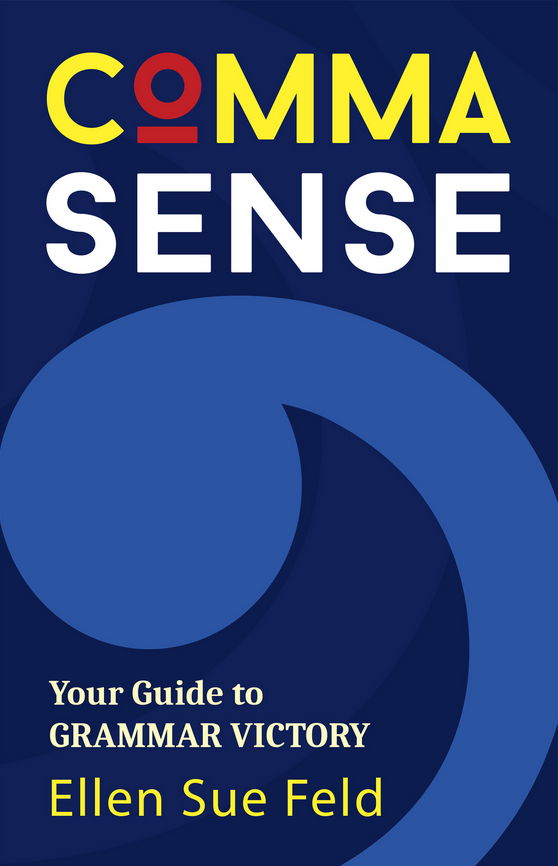
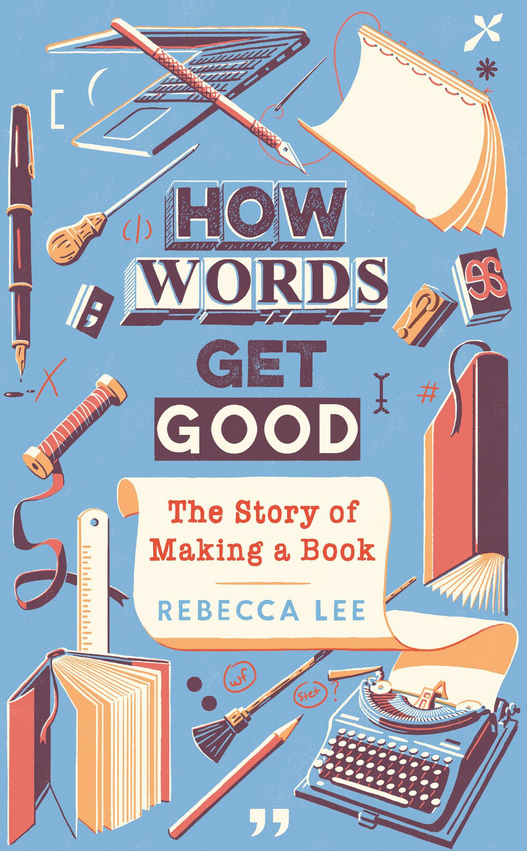
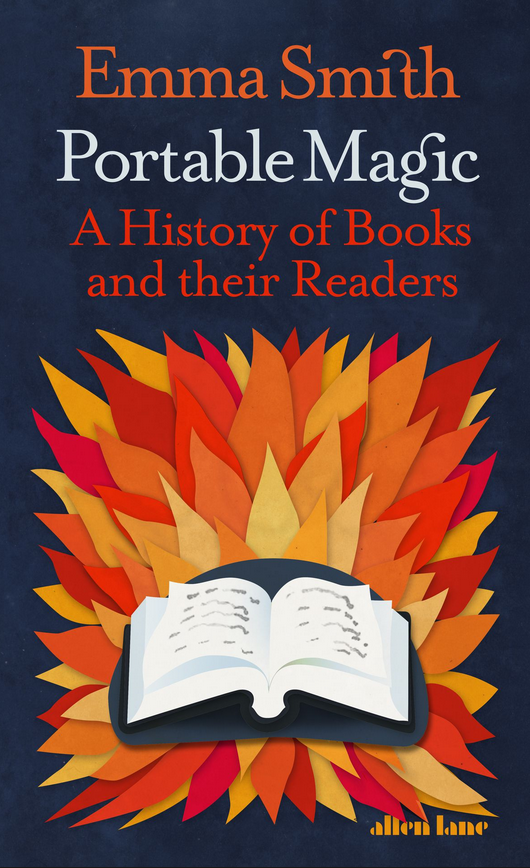
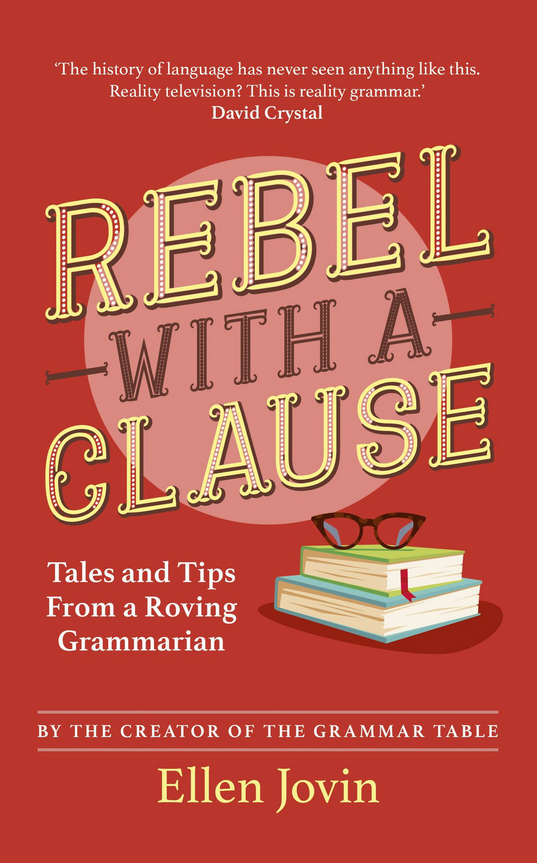
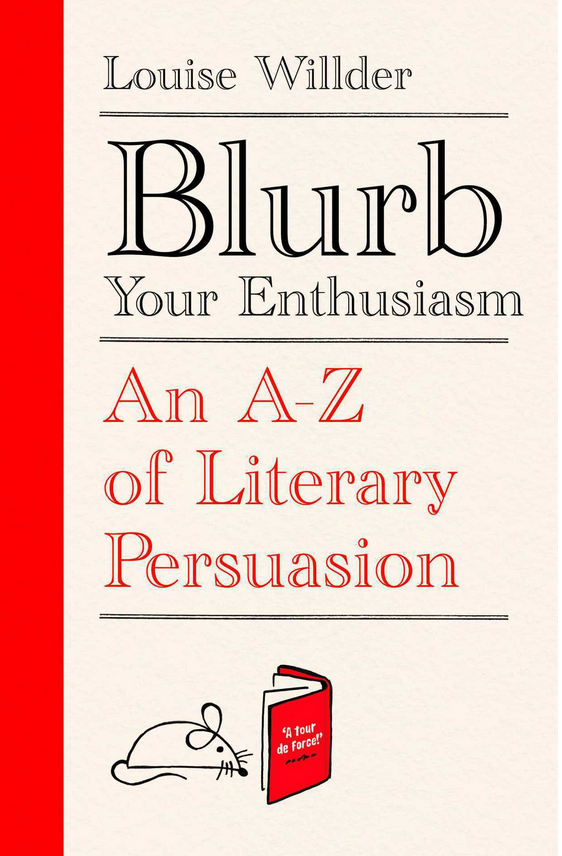


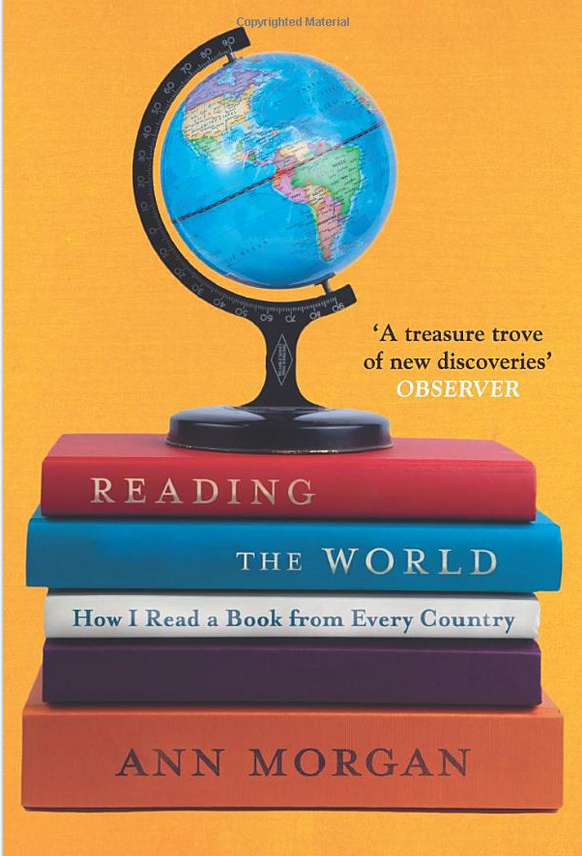
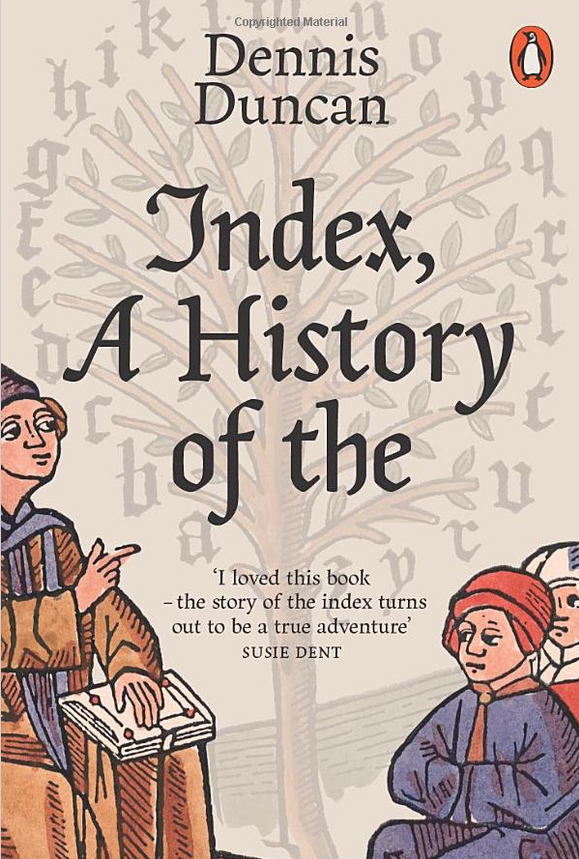

Glad I don’t have Mark Twain as my author: Rebecca Lee, in How Words Get Good, quotes him as writing: ‘Yesterday [my publisher] wrote that the printer’s proof-reader was improving my punctuation for me, & I telegraphed orders to have him shot without giving him time to pray.’
FAB book, by the way!